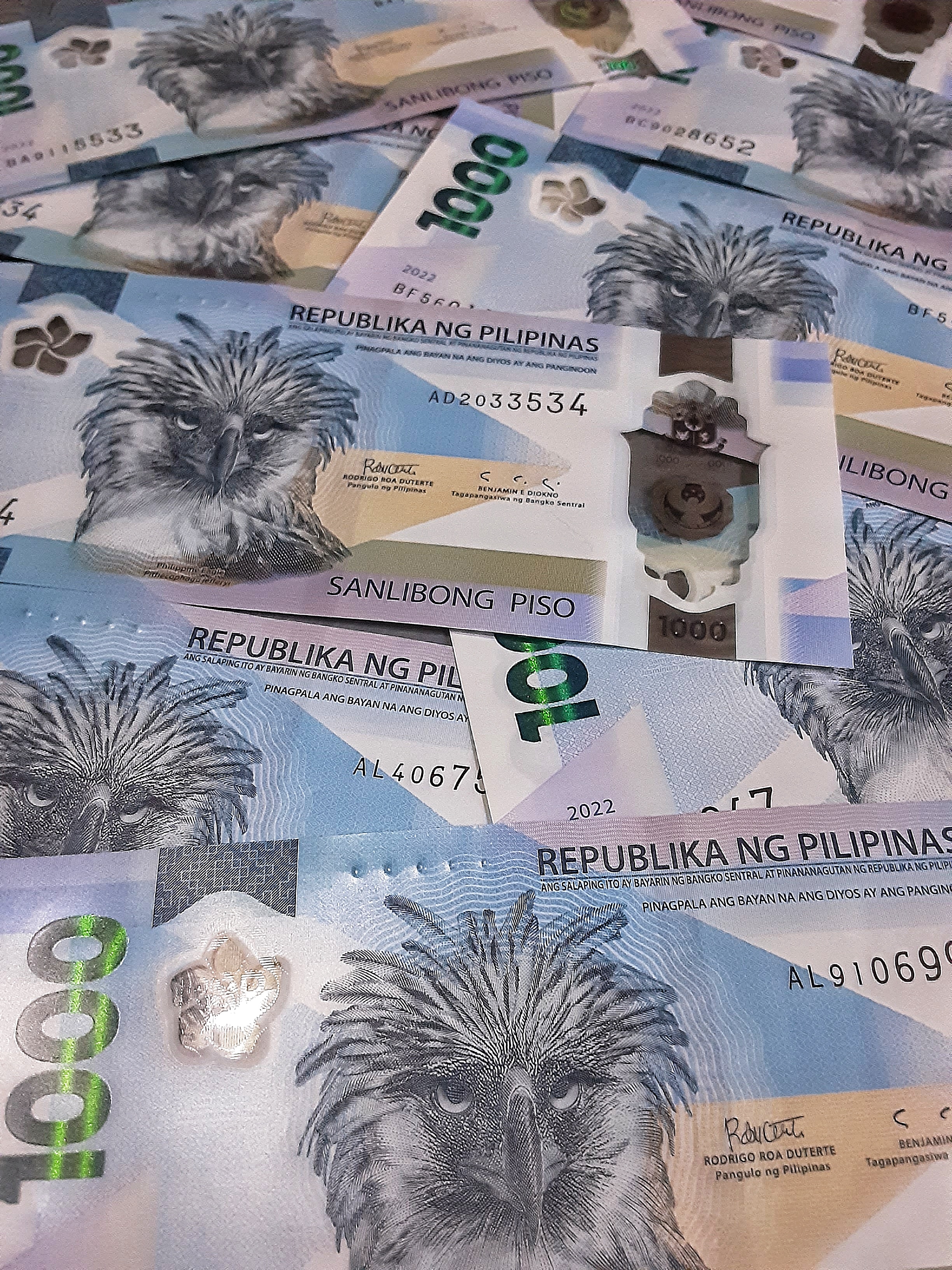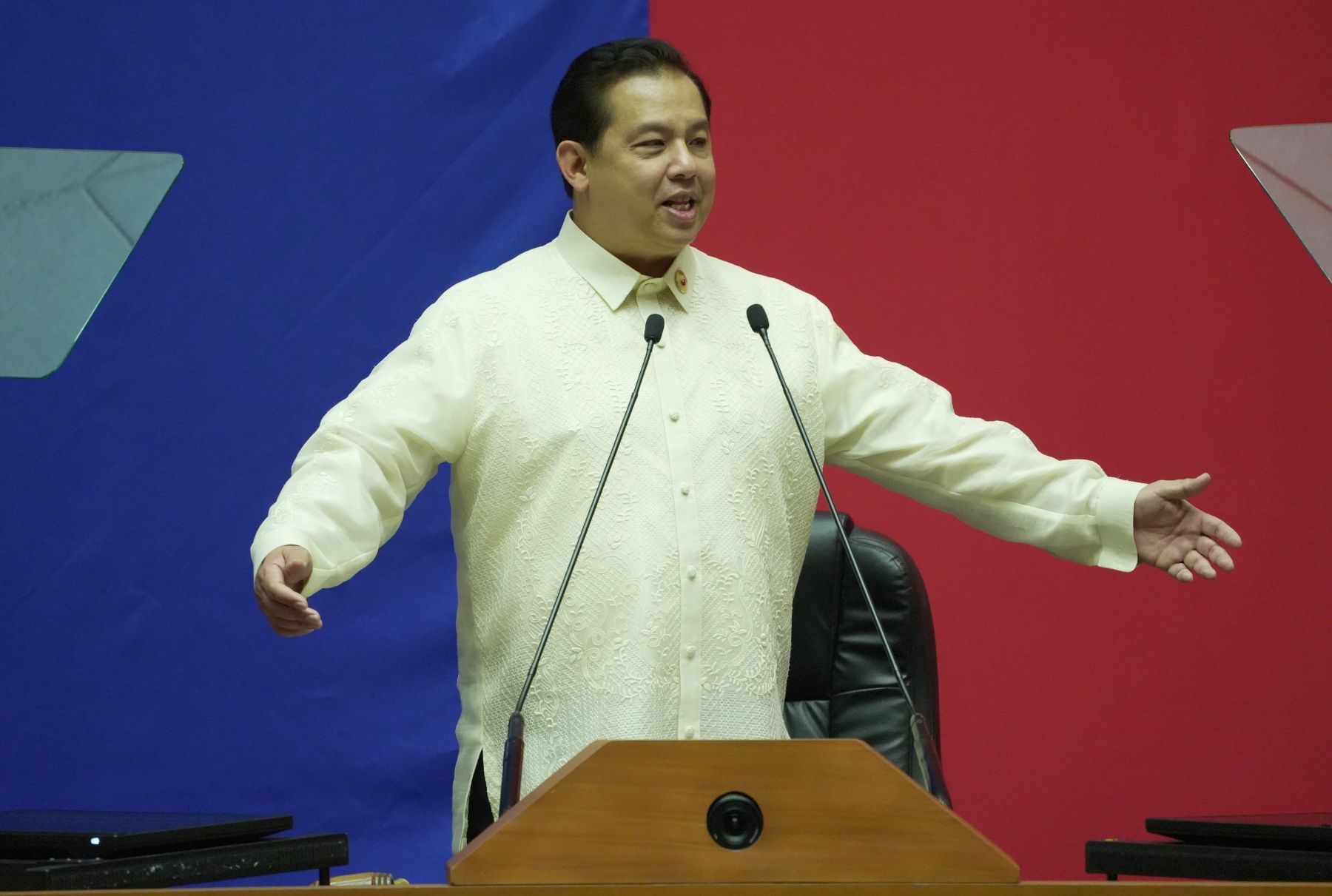P6.352-T national budget for 2025 hurdles bicam, nears enactment
At A Glance
- The Bicameral Conference Committee approved on Wednesday morning, Dec. 11 the proposed P6.352-trillion 2025 General Appropriations Bill (GAB)--the biggest outlay in the country's history.
 (MANILA BULLETIN)
(MANILA BULLETIN)
The Bicameral Conference Committee approved on Wednesday morning, Dec. 11 the proposed P6.352-trillion 2025 General Appropriations Bill (GAB)--the biggest outlay in the country’s history.
This, after ranking members of the House of Representatives and Senate who comprised the bicam panel concluded the reconciling process between their respective versions of the GAB during their meeting at the Maynila Ballroom of the Manila Hotel.
The House would later ratify the approved GAB at exactly 7 p.m. during Wednesday's plenary session.
The Senate was expected to follow suit. After that, it would only be a matter of time before President Marcos signs the budget measure into law.
House Speaker Martin Romualdez hailed the legislators from either side for ensuring the country’s sustained progress under the vision of President Marcos' "Bagong Pilipinas".
"This partnership ensured that every peso is allocated to programs that matter most in putting food on every table, improving access to health care and education, creating jobs, higher take-home pay of our peace-keeping forces, relief aid to those in need, and building infrastructure that benefits communities nationwide," Romualdez said in his short speech.
"The 2025 national budget demonstrates what we can achieve when we unite for a common purpose. It is a product of hard work, careful deliberation, and collaboration between the House, the Senate, and the Executive Branch.
"More importantly, it is a commitment—a promise to bring tangible benefits to our people, strengthen our communities, and make their lives better," the House leader said.
 House Speaker Martin Romualdez (PPAB)
House Speaker Martin Romualdez (PPAB)
For his part, House Committee on Appropriations chairman, Ako Bicol Party-list Rep., Zaldy Co assured the public that careful scrutinization was done during the final stages of the budget process.
"Masusi nating tinalakay ang mga kumplikadong alokasyon at polisiya sa bawat probisyon ng budget. Bumuo tayo ng mga nararapat na hakbang tungo sa isang bagong yugto ng pagbabago at solusyon na higit sa nakagawian o nakasanayan ng mga nakaraang pagpupulong sa bicam," Co said.
(We carefully discussed the complicated allocations and policies of each provision in the budget. We formed necessary steps toward a new chapter of change and solutions that were more than what had been commonplace in past bicam meetings.)
The first bicam meeting on the disagreeing provisions of the 2025 national budget was held last Dec. 1.
Soldiers' subsistence allowance hike gets bicam nod
Romualdez, in a chance interview after Wednesday's bicam meeting, noted that the approved 2025 GAB contained the increase of subsistence allowance for soldiers from P150 to P350, or a total of P10,500 a month.
"That is going to be maintained and fully supported para sa ating mga sundalo (for our soldiers),” said the House chief, who described the development as "very good news".
It was Romualdez--through the instruction of Marcos--who proposed the inclusion of an increased subsistence allowance for Armed Forces of the Philippines (AFP) members in the House version of the national budget.
“This is a big step forward in showing our full support for the men and women in uniform. It recognizes their sacrifices and the sacrifices of their families who stand behind them,” the Leyte 1st district congressman said in a separate statement.
“Ang dagdag na allowance na ito ay hindi lamang suporta sa ating mga sundalo kundi pagkilala rin sa kanilang sakripisyo para sa bayan,” he added.
(This additional allowance isn't simply a way to support our soldiers but also a recognition of their sacrifices for the country.)
Co announced that the increase in soldiers’ subsistence allowance will be funded by a P16-billion allocation in the 2025 GAB.
More social services funded
The approved GAB also includes funding for dams and solar-powered fertigation systems to enhance food security, Co bared.
It also allocates funds for the construction and upgrading of healthcare facilities, like the Philippine Cancer Center, MEGA Hemodialysis Center at the National Kidney and Transplant Institute, Women and Children’s Medical Center, Modernization of the Philippine General Hospital and Philippine Heart Center, and other regional specialty hospitals.
Additionally, the Solar Home Systems (SHS) program will bring affordable electricity to remote areas.
“Ang SHS ay bahagi ng layunin nating maabot ang 100 percent electrification sa 2028 (SHS supports our goal to achieve 100 percent electrification by 2028),” Co said.
For as low as ₱8 per day, households can access electricity sufficient for four lightbulbs; a transistor radio; a cellphone charger; a DC fan; and a DC TV, he explained.
Co assured the public that these adjustments reflect the government’s goal to maximize the impact of every peso. “Ang bawat piso sa budget ay kailangang mapunta sa proyektong tunay na makakatulong (Every peso must fund projects that truly help),” he said.